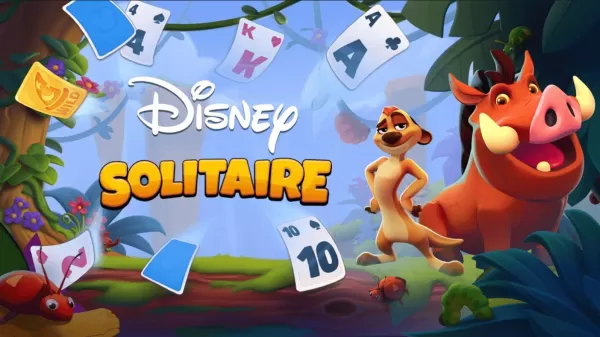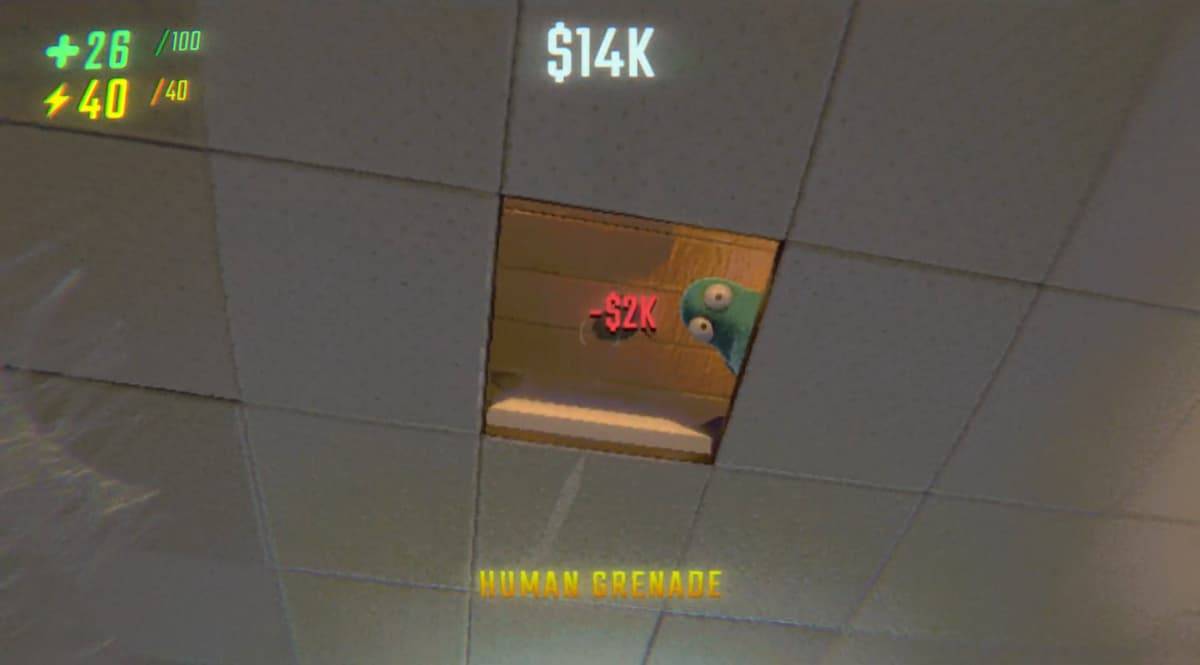Google's recently unveiled Veo 3 has taken the tech world by storm, showcasing its advanced AI capabilities in generating ultra-realistic Fortnite gameplay videos. This tool, which launched this week, can create life-like video clips complete with realistic audio from simple text prompts, raising both awe and concern among users.
Veo 3's ability to produce such convincing content has users experimenting with its limits. Within just two days, enthusiasts have generated Fortnite gameplay clips featuring fake streamers, with the quality so high that these clips could easily be mistaken for real YouTube or Twitch content while scrolling through social media.
The AI's operation raises copyright questions, as Veo 3 does not appear to have been officially sanctioned by Fortnite's developer, Epic Games. However, the tool has evidently been trained on the vast amount of Fortnite gameplay available online, enabling it to replicate the game's visuals and sounds convincingly.
A notable example is a clip created from the prompt, "Streamer getting a victory royale with just his pickaxe," which showcases a streamer celebrating a win using only a pickaxe. Despite the prompt not explicitly mentioning Fortnite, Veo 3 accurately interpreted the context and produced a fitting gameplay video.
Beyond the copyright implications, Veo 3's capabilities bring to light more significant concerns about the potential for disinformation. The ability to generate such realistic footage could be misused to deceive viewers and erode trust in authentic content. Social media reactions have ranged from disbelief to concern about the future of digital content integrity.
In addition to gaming, Veo 3's versatility extends to other domains, as demonstrated by a fake news report on a non-existent automobile trade show, complete with fabricated interviews and realistic visuals and audio, all generated from a single text prompt.
Microsoft has also ventured into AI-generated video content with its Muse program, initially trained on Xbox's Bleeding Edge. Microsoft's Xbox boss Phil Spencer suggested that Muse could be used for conceptualizing new games and aiding in game preservation, though the reveal of Muse-generated Quake 2 footage has sparked debates about the potential impact on human creativity and job security in the gaming industry.
Interestingly, Fortnite itself has embraced AI, recently integrating a feature allowing players to interact with a generative AI version of Darth Vader, voiced by the late James Earl Jones. This move, while officially licensed, has not been without controversy, drawing criticism and an unfair labor practice charge from the acting union SAG-AFTRA.
IGN has reached out to Epic Games for comment on Veo 3's use of Fortnite content, reflecting the ongoing dialogue around AI's role in content creation and its broader implications.




















